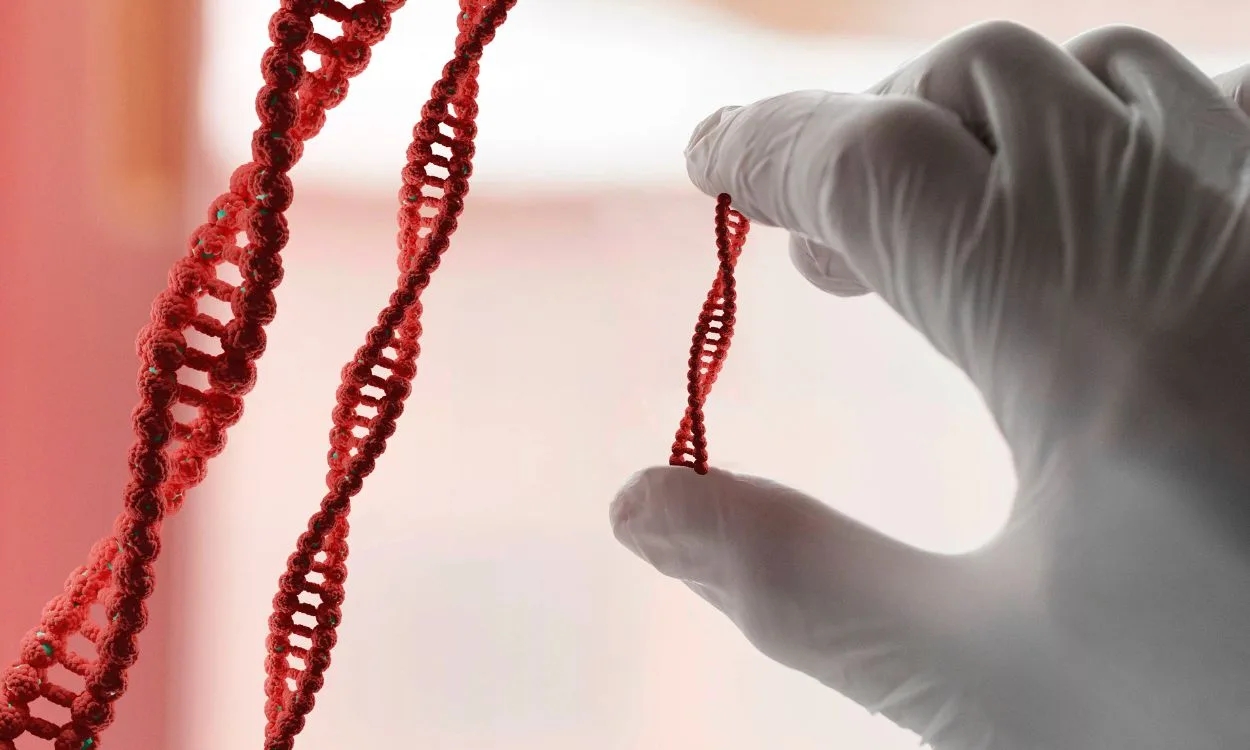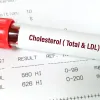How Do Genetics Influence Cholesterol Levels?
Introduction
Cholesterol is a waxy substance that is found in our blood and cells. It is essential for various bodily functions, such as the production of hormones, vitamin D, and the digestion of fats. However, high levels of cholesterol can lead to serious health problems, especially cardiovascular diseases like heart attacks and strokes. While diet and lifestyle choices play a significant role in determining cholesterol levels, genetics also have a strong influence. In this article, we will explore the connection between genetics and cholesterol levels, and how understanding this relationship can help in managing and maintaining healthy cholesterol levels.
The Role of Genetics in Cholesterol Regulation
- Genetic Variations: Our genes contain instructions for the production of proteins involved in cholesterol metabolism. Variations in these genes can affect how our bodies process cholesterol. For example, variations in the genes responsible for LDL receptors can impact the ability of cells to remove LDL cholesterol from the bloodstream, leading to high LDL cholesterol levels.
- Familial Hypercholesterolemia (FH): Familial hypercholesterolemia is a genetic disorder characterized by extremely high levels of LDL cholesterol. It is caused by mutations in the genes responsible for LDL receptor function. Individuals with FH have a significantly higher risk of developing cardiovascular diseases at an early age.
- Polygenic Hypercholesterolemia: Polygenic hypercholesterolemia refers to the influence of multiple genes on cholesterol levels. It is a complex genetic condition where several genes interact to influence cholesterol metabolism. Although each gene has a small effect individually, their combined impact can result in higher cholesterol levels.
Genetic Testing for Cholesterol Levels
Advancements in genetic testing have made it possible to identify specific gene variations associated with cholesterol metabolism. Genetic testing can provide valuable insights into an individual’s risk of developing high cholesterol and related conditions. Here are some key points about genetic testing for cholesterol levels in the Indian context:
- Genetic Testing Companies: There are several genetic testing companies that offer tests specifically designed to assess an individual’s genetic predisposition to high cholesterol. These tests analyze specific genes known to influence cholesterol metabolism and provide personalized risk assessments.
- Risk Assessment: Genetic tests can provide information about an individual’s genetic risk for high cholesterol levels and cardiovascular diseases. This knowledge can help individuals make informed decisions about lifestyle changes, such as dietary modifications and exercise, to manage and reduce their risk.
- Early Intervention: Genetic testing can help identify individuals who may be at a higher risk of developing high cholesterol at an early age. Early intervention, such as lifestyle changes or medication, can be initiated to prevent or delay the onset of cardiovascular diseases.
Managing Cholesterol Levels
While genetics play a role in determining cholesterol levels, it is important to note that lifestyle factors, such as diet and physical activity, also have a significant impact. Here are some key strategies for managing cholesterol levels:
- Dietary Modifications: A healthy diet is crucial for maintaining optimal cholesterol levels. This includes reducing the consumption of saturated and trans fats, increasing the intake of dietary fiber, and incorporating heart-healthy foods like fruits, vegetables, and whole grains.
- Regular Exercise: Physical activity can help raise HDL (good) cholesterol levels and lower LDL (bad) cholesterol levels. Engaging in regular aerobic exercises, such as brisk walking, jogging, or cycling, can have a positive impact on cholesterol metabolism.
- Medication: In some cases, lifestyle changes may not be sufficient to manage cholesterol levels, especially in individuals with genetic conditions like FH. Medications, such as statins or other cholesterol-lowering drugs, may be prescribed to help control cholesterol levels effectively.
Fitpaa: Your Partner in Achieving Healthy Cholesterol Levels
Fitpaa, a leading health and fitness app, can help you in managing and achieving healthy cholesterol levels. Our personalized Fitpaa Capsule, designed by a team of experts including fitness coaches, nutritionists, and doctors, takes into account your unique metabolism, health goals, and lifestyle. The Fitpaa Capsule combines medical therapy, exercise therapy, nutrition therapy, and cognitive behavior therapy to optimize your metabolism and support you in achieving your health and fitness goals.
With the Fitpaa mobile app, you can access a range of tools and features to track your progress, follow your fitness plan, and receive real-time guidance. The app includes a virtual workout trainer, diet tracker, performance tracking, and personalized support from your Fitness Planner. Fitpaa’s commitment to helping you achieve your goals is backed by a 100% guarantee. If you don’t get the promised results by the end of your Fitpaa Capsule subscription, you’ll receive a complete refund.
Don’t let genetics hinder your journey towards healthy cholesterol levels. Download the Fitpaa app today and take the first step towards a healthier you!









